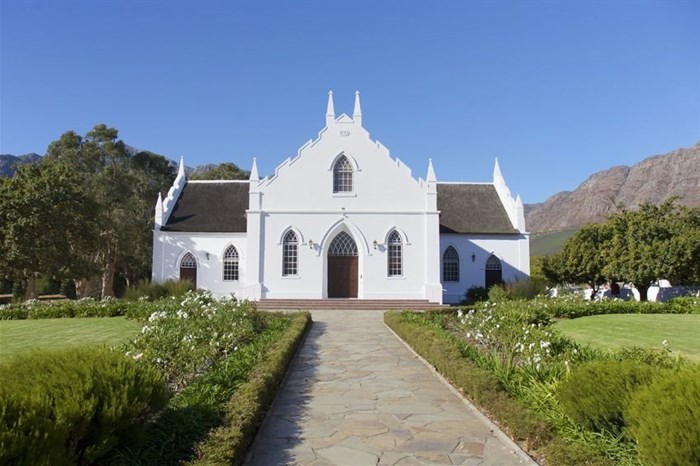
Related
Top stories






More news


Marketing & Media
Ads are coming to AI. Does that really have to be such a bad thing?














While the survey was a response to numerous complaints received by the WCPDF, specifically from developers, the diversity in respondents from other fields in the property development and construction industries was surprising, says WCPDF chairperson, Deon van Zyl.
“Of the 30 respondents to the survey, only 23% were developers,” notes Van Zyl. “Architects accounted for 17%, town planners made up 13% and quantity surveyors 8%. But the biggest surprise was to see numerous responses from heritage practitioners in private practice (7%), members of heritage trusts (3%) and government officials (13%).”
What the vast majority of all respondents shared, noted Van Zyl, was frustration around the time-consuming way in which heritage applications were being processed and what appeared to be a high level of subjectivity.
“The unintended result is the disintegration of valuable heritage assets with developers unwilling to take on the statutory application challenges and government unable to fund the rehabilitation and maintenance of heritage assets,” says Van Zyl:
Concerns were expressed that members of various heritage committees had a strong theoretical bias but very little practical industry experience. Van Zyl clarifies further: “Without industry knowledge, it is impossible to come to truly balanced and objective decisions. The onerous and often non-feasible conditions placed on approvals further illustrate this point.”
Elaborating on the survey, Van Zyl notes: “As the WCPDF, we initiated the survey to assess whether anecdotal complaints in particular about Heritage Western Cape ̶ a provincial government entity and a statutory body in terms of the National Heritage Resources Act ̶ were impacting on investment in the Western Cape. Sadly, the findings confirm the perception.”
The status of heritage management in the Western Cape was also concerning, notes Van Zyl: “In 2019, the WCPDF was asked to address the then newly-formed Heritage Western Cape Council, with the Council even going so far as to acknowledge it had very little knowledge of the private sector and fixed capital investment sectors.”
As a result, the Council had requested the WCPDF to nominate potential committee members for its various working structures, adds Van Zyl: “A number of industry volunteers came forward. Not a single development industry representative was invited for an interview, let alone appointed to a committee.”
The WCPDF was also concerned that the very principle of heritage was being undermined by the statutory body that should be working towards maximising the value of heritage assets. Using the survey results as a basis, Van Zyl concluded: “On behalf of our industry, the WCPDF now calls on the Western Cape Premier Alan Winde and MEC for Cultural Affairs and Sport, Anroux Marais, to investigate the state of Heritage Western Cape and to ensure that the department be adequately and correctly resourced to undertake the forward planning required to proactively identify conservation-worthy assets.
“Above all else, the MEC needs to ensure the streamlining of policies in order to bring about an end to the reactive assessment methodology currently being employed whenever an application is received.”